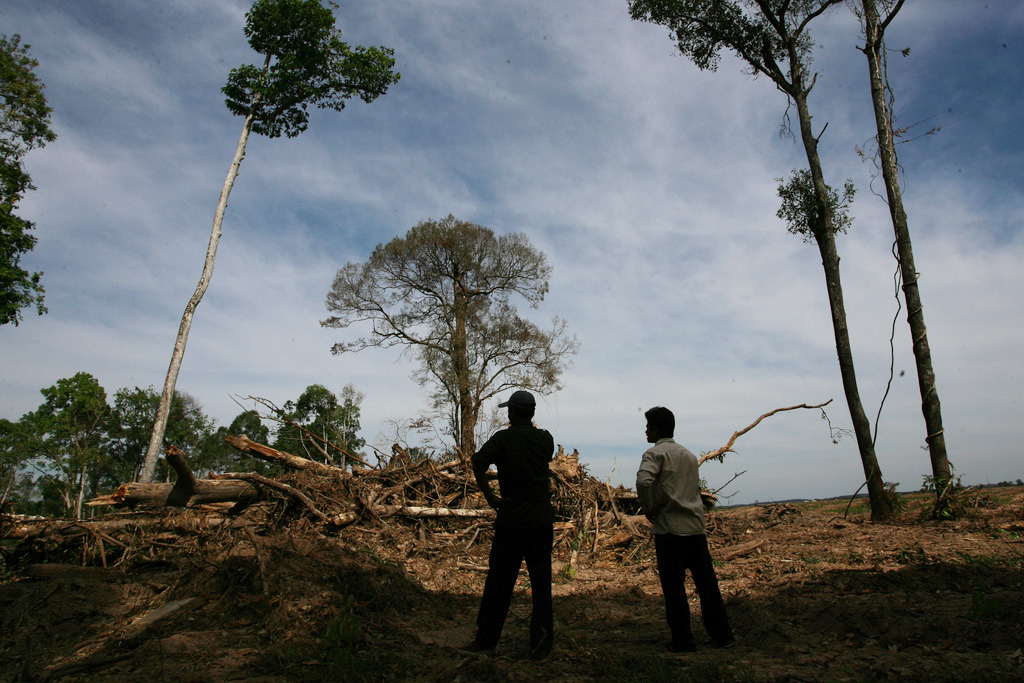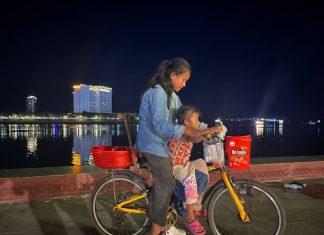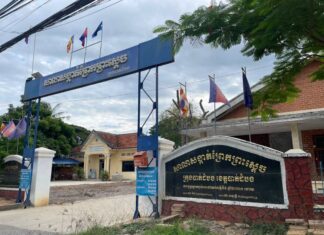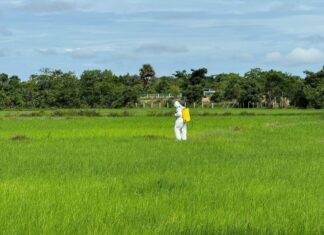Rights groups applauded Prime Minister Hun Sen’s recent order to issue land titles to people living in protected areas, but said the government must also hold powerful people to account if it wants to protect remote villagers.
At a cabinet meeting last month, Hun Sen ordered the three ministries of environment, land management and agriculture as well as local administrations to issue titles to long-term residents of protected areas in provinces such as Koh Kong, Preah Vihear, Oddar Meanchey, Stung Treng, Ratanakkiri and Mondulkiri.
After the meeting, the prime minister also posted a message on his Facebook page adding that the work “must be resolved within the next few months” and that “this work must be done very thoroughly and accurately.”
Hun Sen said he had already identified and targeted the powerful and wealthy who had encroached on protected areas. He said if they were found to have committed a crime, they would be punished.
Neither Land Management Ministry spokesman Seng Lot nor Agriculture Ministry spokesman Srey Vuthy could be reached for comment. Environment Ministry spokesman Neth Pheaktra said in a short message: “The ministry has been strictly following the orders of the prime minister.”
NGOs hailed the move, but said they did not believe any action would actually be taken against powerful people encroaching on state land.
Am Sam Ath, monitoring manager at rights group Licadho, said he supported any action in the interests of the people who actually resided on the land. But he did not support any action that would benefit only those in power.
“We support the prime minister’s move to allocate land to the people, but we do not believe there will be the punishing of those in power,” he said.
Sam Ath added that there continued to be protracted and unresolved land disputes, some involving authorities or social land concessions, and those should be resolved “completely” first.
“If the meat stinks, cut the meat, throw it away and solve it. It will be good,” he said.
Eang Vuthy, executive director of land rights NGO Equitable Cambodia, said the government’s previous actions related to land rights had failed to target powerful people and corporations, causing land disputes to drag on for years. Nevertheless, he would wait to see if Hun Sen’s latest order was more effective, he said.
“Land issues are still prevalent across the country, and some disputes have been going on for a long time, so it is hoped that especially provincial authorities will follow the recommendations and decisions of the prime minister,” Vuthy said.
According to a press release issued by the Environment Ministry in April, Cambodia has 57 protected areas and three mixed conservation corridors. Together, they cover an area of more than 7.2 million hectares, accounting for 41 percent of the country.












